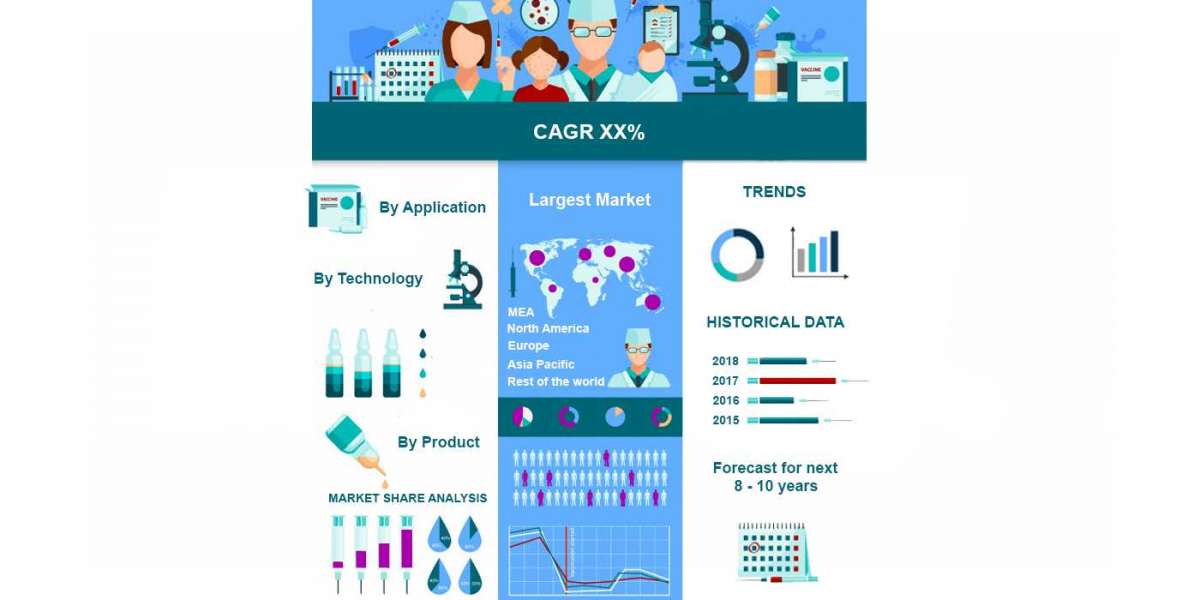Galvanized Plain (GP) pipes, characterized by their smooth finish and superior corrosion resistance, have become a staple in various industrial and construction sectors. These pipes undergo a galvanization process where a protective layer of zinc is applied, not just enhancing their durability but also extending their life span significantly. This blog aims to shed light on the significance, recent advancements, and the wide array of applications of GP pipes in today’s fast-evolving world.
Understanding GP Pipes and Their Evolution
GP pipes are made from sheets of steel or iron, which are then coated with zinc through a hot-dip galvanization process. This coating acts as a barrier against environmental factors that can lead to corrosion and degradation. Over time, the production of GP pipes has seen substantial technological advancements, resulting in higher quality, more durable, and more efficient products.
One of the key advancements in the manufacturing of GP pipes is the improvement in the zinc coating process, which now ensures a more uniform and thicker layer of zinc, thereby offering better protection against rust and corrosion. Additionally, modern manufacturing techniques have allowed for greater precision in dimensions and thickness, making GP pipes more reliable and consistent in quality.
Environmental Impact and Sustainability Measures
The production and use of GP pipes align with the increasing global emphasis on sustainability and environmental conservation. The longevity of GP pipes reduces the need for frequent replacements, thereby lessening environmental impact and waste. Moreover, the zinc used in galvanizing GP pipes can be recycled, contributing to resource conservation and sustainability.
Manufacturers are continually seeking ways to reduce the environmental footprint of GP pipe production. This includes adopting cleaner and more energy-efficient galvanization processes, utilizing recycled materials, and implementing waste reduction strategies. These efforts not only enhance the ecological profile of GP pipes but also meet the growing consumer demand for more sustainable construction materials.
Diverse Applications in Various Sectors
The robustness, durability, and corrosion resistance of GP pipes make them suitable for a wide range of applications:
Construction and Infrastructure: GP pipes are extensively used in building frameworks, fencing, railings, and scaffolding. They are also employed in roofing structures and as conduits for electrical wiring due to their strength and ability to withstand environmental conditions.
Agriculture: In the agricultural sector, GP pipes are utilized in irrigation systems, greenhouses, and for fencing, offering long-lasting solutions that withstand the elements and chemical exposure.
Manufacturing and Engineering: These pipes are used in the automotive, machinery, and equipment manufacturing industries due to their durability and resistance to wear and tear.
Water Supply and Distribution: GP pipes serve as conduits for water supply lines, sewage, and drainage systems, ensuring safe and uncontaminated water transport.
The Future Outlook for GP Pipes
The future of GP pipes looks promising, with ongoing research and development focusing on enhancing their properties and expanding their applicability. Innovations in alloy compositions and coating techniques are expected to produce even more resilient and long-lasting pipes. Furthermore, the integration of smart technologies, like sensors for real-time monitoring and diagnostics, could revolutionize how GP pipes are used and maintained in various sectors.
The shift towards green building and sustainable infrastructure is also likely to boost the demand for GP pipes. Their recyclability, coupled with advancements in environmentally friendly manufacturing processes, positions GP pipes as a preferred choice in eco-conscious construction and industrial projects.
Conclusion
GP pipes continue to play a pivotal role in modern industry and construction, offering a blend of durability, reliability, and environmental sustainability. As technological advancements and green initiatives continue to evolve, the applications and demand for GP pipes are expected to grow. By staying at the forefront of innovation and sustainability, the GP pipe industry is well-positioned to meet the challenges and demands of the future, ensuring that these essential components remain integral to the development and maintenance of our built environment.
More Read: Gp pipe | gp pipe manufacturers









